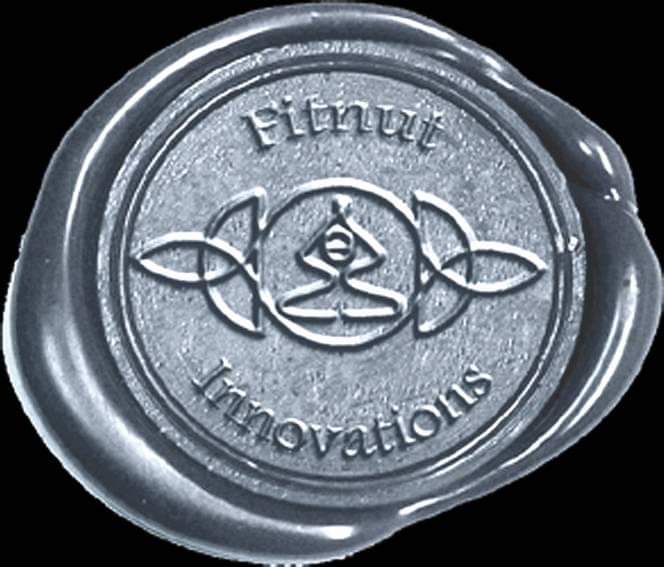You are eating for someone Else’s body –
- Fitnut Innovations

- Jan 29, 2016
- 2 min read

I want to talk about nutrition, and how best to utilize it for losing the last stubborn pounds. But first I have a few quick questions for you:
Are you on a diet?
What diet?
Why that diet?
How many Calories are you eating?
Why are you eating that many Calories?
Nearly everyone can answer the first two questions. The third question … well, that makes you think a little. I think most people probably select diets that suit their needs and lifestyles, but there’s also a good number of people that have no idea why they chose the diet they are on – they just heard that it was good. Question four: well do you? I know a lot of couches and nutritionists don’t really get into counting Calories. Well, I try not to either. But the bottom line is, if you’re not losing fat, you need to step back and re-evaluate the situation. How can u possibly do that if you don’t know how much you’re eating? Question 5, for those of you who know exactly how many Calories you’re eating, why are you eating exactly that many?
Most Calorie formulas are absolutely flawed when it comes to fat loss. Why? Simple: because most Calorie formulas don’t factor in body fat to a great enough degree. If you’re not making any distinction between your body fat and your lean muscle body mass, then you’re basically eating to maintain both – which is pretty much the opposite of what you want to be doing. Calories are a unit of energy more than they are a unit of nutrition. To that end, you need to think about taking in enough energy to maintain your necessary equipment (LBM) while at the same time forcing your body to tap into energy reserves (fat) to get the job done.
If you want to make optimal progress and get leaner than you’ve ever been in the past, you must understand and apply the concept that your body is unique, and the amount of fat on it is going to be as large a determinant for Calorie intake as the amount of muscle. The obvious reason for the structure is rate of fat loss. Simply put, the more fat you have on your body, the faster you can lose it, and the more of it you cam lose without sacrificing LBM (lean body mass). Therefore, if you’re carrying around a significant amount of body fat you can consume fewer calories and still have a pretty decent rate of fat loss without really affecting the metabolic processes responsible for fat loss and muscle gain. On the other hand, if you’re starting out in already (relatively) lean condition and trying to get even leaner, your body is going to necessitate a higher baseline level level of incoming energy (calories) simply to maintain your starting muscle mass.




Commentaires